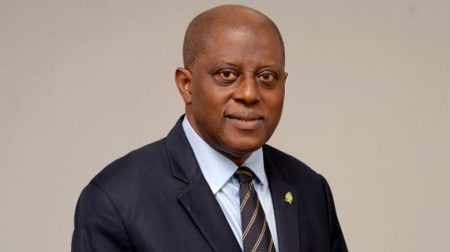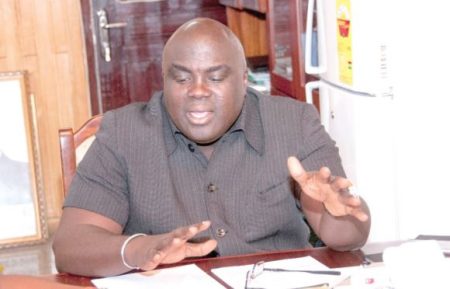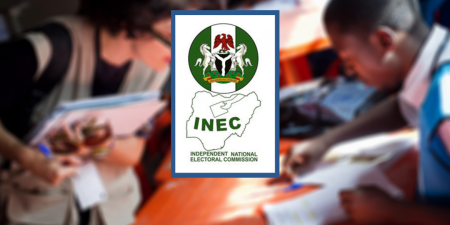The Association of Igbo Town Unions (ASITU) has issued a resolute call for a Sovereign National Conference, emphasizing that it is the only viable pathway to address the fundamental flaws within Nigeria’s current constitutional framework and forge a truly unified and prosperous nation. ASITU argues that the ongoing attempts to amend the 1999 Constitution are futile, as the document itself lacks legitimacy, having been imposed by a departing military regime without the consent or participation of the Nigerian people. The very foundation of the constitution, which falsely declares its origin as stemming from “We the People,” is a blatant misrepresentation, rendering any subsequent amendments mere patchwork on an illegitimate document.
ASITU contends that a genuine Sovereign National Conference is essential to address the core issues plaguing Nigeria. This conference should bring together representatives from all ethnic nationalities, empowering them to freely deliberate and determine the terms of their coexistence. This gathering must have the authority to draft a new constitution, one that reflects the collective will of the Nigerian people and lays the groundwork for a just and equitable society. The current clamor for the creation of more states, as witnessed during the recent public hearings on constitutional amendment, is a misguided distraction from the real issues. Multiplying states within a broken system will only exacerbate fiscal distress and bureaucratic inefficiencies, rather than fostering development.
The historical precedent of regional autonomy in Nigeria serves as a compelling argument for a return to true federalism. ASITU points to the remarkable achievements of regions like the Western and Eastern Regions during the era of greater autonomy, where they controlled their resources and implemented innovative policies that propelled economic growth and social progress. The subsequent balkanization into states and the centralization of power have led to a steady decline in the quality of life for Nigerians, with successive generations experiencing diminishing access to healthcare, education, and infrastructure. This downward trajectory underscores the urgent need for a fundamental restructuring of the Nigerian state.
ASITU draws inspiration from successful federal systems around the world, citing examples like Canada, Germany, and India, where subnational units possess significant autonomy and powers in key areas such as resource management and security. Despite its vast population and diverse linguistic and religious landscape, India continues to thrive due to its constitutionally empowered states. Nigeria should learn from these best practices, embracing federalism as a means to manage its own diversity and unlock its potential for development, rather than clinging to outdated colonial models of centralized governance.
The ASITU emphasizes that their call for a Sovereign National Conference is not a rejection of Nigerian unity, but rather a plea for a more just, equitable, and sustainable union. They advocate for a Nigeria founded on truth, mutual respect, and the genuine consent of its diverse peoples. A constitution born from deception cannot salvage a nation grappling with deep-seated contradictions. Only a people-driven constitution, forged through dialogue and consensus, can pave the way for lasting peace, justice, and development in Nigeria. The international community, civil society groups, ethnic organizations, and religious institutions are all urged to support this critical call for a re-founding of Nigeria.
ASITU remains steadfast in its commitment to a Nigeria that works for all its citizens, a Nigeria where the people are the true source of power and the ultimate owners of their destiny. The path to achieving this vision lies in embracing a Sovereign National Conference, a platform for open dialogue and collaborative decision-making that can lay the foundation for a truly united and prosperous nation. The current approach of patching a flawed and illegitimate constitution is merely postponing the inevitable reckoning with the fundamental issues that hinder Nigeria’s progress. A bold and decisive step towards a people-centered constitutional framework is the only way to ensure a future where all Nigerians can thrive.














